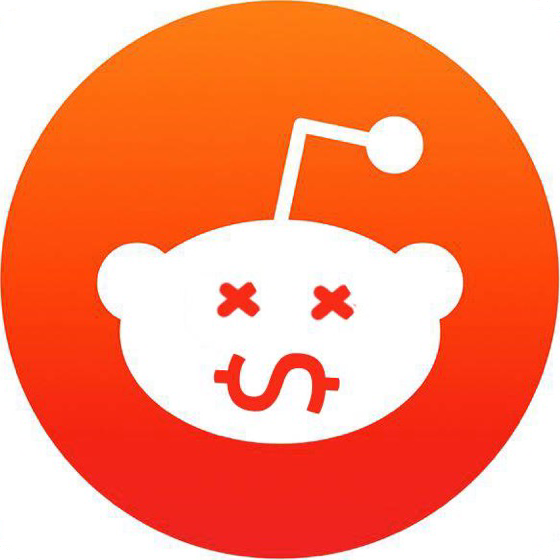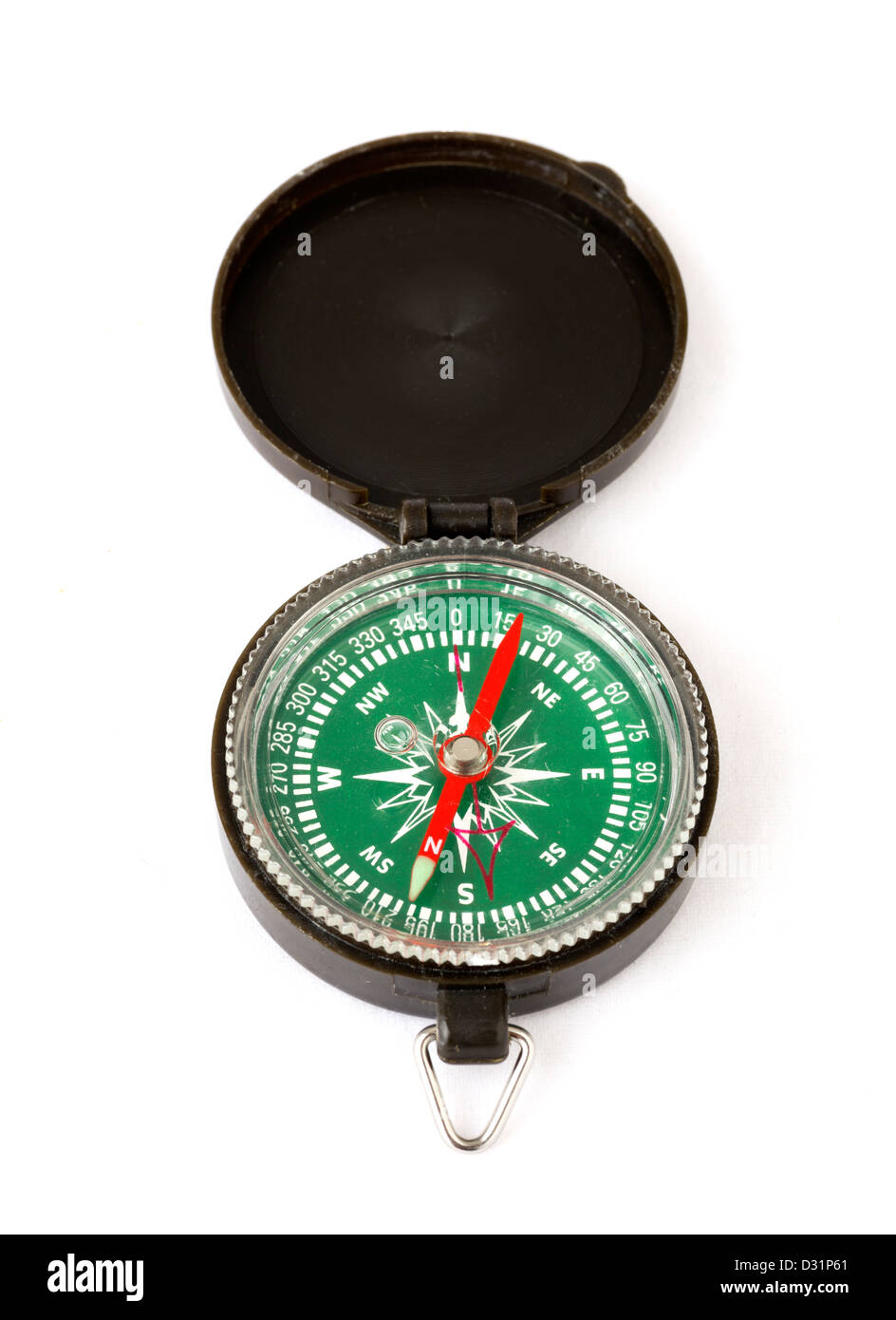I have been an Android user for 13 years now. After using almost every Google service possible I am going down the privacy rabbit hole lately. Gmail -> Proton Mail, Chrome -> Firefox, Keep -> Notesnook, Google Search -> Kagi, …
I am currently using a Galaxy S23 with as few Google apps as possible (and focussing mainly on open-source apps). I am familiar with rooting (I was a CyanogenMod user back in the days), but today I want to use the phone without tinkering and problem solving. I also like to use a smartwatch and banking apps, so GrapheneOS is a no-go unfortunately.
So it is “Stock” Android (or Samsung’s Android ) vs. iOS for me. Is it better (in terms of privacy) to use an iPhone or stick with an Android phone with an system wide ad-/tracking Blocker (I use Adguard)? It seems there are more privacy-friendly/open-source apps on Android.
Ironically the Pixels are the easiest to de-Google.
Apple wants your data as well
Is that true? I thought apple’s business model was to not sell your data but charge more upfront. Do you have a source discussing this that you can point me to?
Edit: I’ve searched online and can’t find even a single article talking about Apple selling your data. I’m an iPhone user so I want to know. The most recent Apple privacy article I can find reports on how they’re closing fingerprinting loopholes in third party apps.
I definitely don’t want to be naive or credulous, but given how aggressively they’ve prevented third parties from gathering data, I’m cautiously optimistic. I don’t think this is a “both sides” situation, unless someone can point me to some information to the contrary.
deleted by creator
Yes. Installing any .api is extremely simple. You can do it with one click. I’ve lots of apps Apple doesn’t want me to have, and they don’t know.
deleted by creator
You seem to be right: here is their app store policy. That’s helpful to know. They claim this is not sold to others and only used to recommend apps on the app store, but I may not be reading that right.
In theory, I understand some apps can be sideloaded on Android. But, in practice, can you actually get away with avoiding the Google app store for most apps? I’m skeptical.
Aurora store and fdroid are two alternative stores. You can also download any apk and install it. You were skeptical of a 1 minute search, man.
No please read my comment again. I know there are alternative stores. In practice, many mainstream apps are not easy to install using these stores. If you had done a 1 minute search, you’d find tons of people complaining about trying to degoogle their phone. I think almost everyone just gives up on at least a few apps.
Giving up on a few apps IS being able to sideload most apps, which is what you were skeptical about in your original comment.
In context, I clearly meant “most apps people use and need”. Almost all the streaming apps, all the corporate social media apps, all the payment apps, etc seem to be problematic.
Remember that the larger discussion is about the viability of protecting your privacy on Android vs iPhone. Sure everything is “possible” if you futz with it enough, you could even code your own OS and all your own apps, but the more you have to futz, the less viable it is for most people.
I thought apple’s business model was to not sell your data but charge more upfront.
Charging more? Absolutely. Not sell your data? No, they will sell.
Charging more is only because people are willing to pay it. So why not? Most people don’t even care about their data being sold, and will not stop buying apple products for it.
iPhone has the better reputation for privacy/security, however it is proprietary software and so no one can really tell for sure what kind of data that Apple might collect on you.
The same is true for stock Android devices. Unless you are using a custom ROM without Google Play Services, there is more proprietary software than open source running on Android devices.
The best fasle advertising on privacy/security rather?
Their goal is blocking any other advertising method so only they can collect and use the data of their users for advertising.
Security? They can (or could) be hacked, with a backdoor, just with an invisible message…
So most of their reputation is just marketing (which goes pretty near to false advertising ex : the your data stays on your device… Which is just false).
Tho they may have a reputation of refusing to give data to public organizations (or at least depending on the data).
I used to work for Apple and the issue tracker engineers had for known iOS issues, their criticality, and resolution time was alarmingly lengthy and slow. What the public knew or may figure out was prioritised and resolved much higher and quicker than other issues that were worse. It wasn’t unusual to see techs in AppleCare and Retail Stores being provided internal articles that had them advise an issue was caused by something else (usually third-party apps or services, and carriers), but in the back-end we’d see what frontline techs didn’t and that it was indeed a critical issue with iOS. These could sit in the pipeline for months until the next update, rather than releasing hotfixes and looking bad. What the consumers don’t know doesn’t hurt Apple, so deflect until that release.
If a customer did catch on, someone from the Carpe Facto team would swoop in and silence with “compensation”, like a new top-end Mac, upgraded iPhone, Watch, etc. and an NDA. People never turn that stuff down and it’s positioned like Apple is doing the good guy thing and they should be so lucky to receive such generosity and praise for being amazing customer.
This was many years ago, though. No idea if it’s still the same. But the way that place runs, made me feel sick being part of it some times and I can’t imagine it’s changed. Apple’s real good at hiding their shit and appearing like good guys, but it’s pretty damned evil in there.
See, I always have this idea that all these companies are doing all sorts of dirty stuff under the covers but then I feel like naah it’s all in your head. There are laws and these are all law abiding organizations. Then I hear first hand stories like yours and just want to burn them down…
I assume this is how 99% of big tech corps are run
Graphene OS > iOS > Stock Android
Where is lineage OS in that?
All I know is LineageOS claims to support devices beyond the date manufacturers do. Graphene stops getting updates the same date the manufacturer sets.
LineageOS doesn’t claim to be Degoogled, and it isn’t so I think it would be an improvement, but a small one. It would remove the trackers your OEM has built into stock but that’s about it. It’s still phoning home to Google.
yes, but graphene os only support pixel device for now…
I tend to lean toward Android simply because it gives me more control/options instead of completely relying on Apple’s promise that they care
E.g. I like that I can use NeoStore for FOSS apps instead of the google Play store
grapheneos might add more to this comment time permitting
deleted by creator
I was a Nexus/Pixel user for a very long time (until the Pixel 5). But there is no more small Pixel so I “had” to switch to Samsung. The Pixel 8 could be an option although it is not really high end - I’d like to stay with 3 cameras for example.
Generally Apple apps e2e encrypt your data and can not be read/mined by them. There are caveats such as Siri (anonymized voice clips uploaded for example) or (iirc) Apple News. Things like notes, fitness/health, or iMessage are your data.
deleted by creator
It is a business risk for Apple to mine data on data they have explicitly confirmed in this ToS to be e2e encrypted and private.
If we’re going that far, none of the Broadcom/Qualcomm/Exynos/Snapdragon chips have open source firmware. Additionally google services are all closed source and proprietary.
Backdoors exist but all phones have backdoors in them and should be assumed they are exploited by state actors.
From a privacy standpoint, on stock mobile OS, Apple is the lead. I certainly won’t disagree that there are custom roms without google services that are superior though.
I agree. I work in tech and having a secret back door opens you up for potentially billions of dollars of lawsuits and all it takes for everything to blow up is one whistleblower.
I don’t think the average apple user cares about the difference between e2ee and e2ee but apple also has a key
Most privacy conscious people don’t use iCloud, the only place where by default Apple has the key (can be changed for users that don’t want this)
Apple as of 16.2 has an option to fully encrypt iCloud backups without allowing Apple to have a key. Assuming this is what you’re talking about.
Otherwise, most privacy conscious people are not using iCloud.
I chose Apple on that matter. Not that it’s the perfect choice, but it’s for now a “good” compromise. At least they “seem” to be concerned about their customers’ data (encrypted messages, data not sold to advertisers…)
Exactly “seem” they make vision of it only and good marketing.https://sneak.berlin/20201112/your-computer-isnt-yours I would always prefer android for reasons that i can delete a lot stuff using android debug bridge while on ios i can’t do anything,more over not talking about root rights to completely delete spyware or block them using firewall.
Jesus Christ, what a read.
Wow, I didn’t know about this. I think that’s a big reason for not choosing Apple…
that was harrowing. it really makes me reconsider the trust I have in apple - beyond the frustration I have with their walled garden ecosystem
deleted by creator
Personally for me, I don’t want to store my personal files in anybody else’s cloud besides mine. I don’t want Google to have them, I don’t want Apple to have them. I use Syncthing to sync files between my devices. My understanding is it is a much better implementation on Android than Apple (basically non existent due to rules for apps on iOS is my understanding)
+1 for syncthing. It’s one of the apps that I can’t do without.
another +1 for syncthing
i ditched dropbox for it 6+ years ago and i have never had a single issue with it. super fast and never gets in your way
You can make stock Android much more private. Universal debloat tool + Invisible Pro - remove unnecessary apps, restrict internet access to only the apps you want to have internet access, add a tracker blocker list.
deleted by creator
Remove Google apps as part of the debloat process, restrict permissions beyond what Android allows by default for all system apps, using App Ops and Shizuku. Accomplishes the same thing as GrapheneOS.
deleted by creator
You can see what connections go through. No more than with GrapheneOS, and with stock I don’t have to trust the mentally unstable with my security.
If you have the Play Store then you have GApps on your phone, which does phone home.
I don’t.
My banking app works just fine on GrapheneOS, and it’s required no tinkering to get it working the way I want. I can’t speak for smart watches unfortunately, but I’d still recommend a Pixel with GrapheneOS if you really care about privacy. If you really don’t want to go with GrapheneOS, I’d still recommend Android. Apple may be marketing towards privacy friendly, but Android still has better FOSS options, which is better than blindly trusting Apple.
I wish I could buy a second hand pixel phone anywhere here. (Central EU) They might be popular in the US, maybe a couple of them are sold in western Europe, but in this region they are imppssible to find.
I use and strongly recommend iodé OS
It is a degoogled android version with a built in ad blocker and microG. All my apps including banking and such work like a charm.
Since tha latest update it’s been great.
Afaik on Android smartwatches (and the OP said he uses a smartwatch) don’t work (properly?) without the Wear OS app. And the Wear OS app doesn’t work without Google services. This means the OP can’t live without Google services at the moment.
Garmin watches!
microG is an open source implementation of the google play services. If it is compatible with wearOS I am not sure, but it might be.
I have a Garmin activity watch and it works with no issues. Also had a Samsung one that worked well. Though none of those are wearOS devices.
I’ve read that there’s no way around Google services if you use a WearOS watch. Not even MicroG is a solution. Anyway, the OP didn’t mention what type of smartwatch he uses. So if it’s not a WearOS smartwatch he should be fine I guess. :)
Didn’t the s series get locked down somewhere along the way? I have an s20+.
Stock IOS is probably more privacy friendly than android. Googles entire business is to make money off your data. Stock android uses google play services that have access to pretty much everything on your phone. Apple will bend to politicians on scanning your files and shit, but at least they (probably) aren’t selling your data. As much as google at the very least.
But like many comments here, if you actually care about privacy, stock anything isn’t the way to go. I use calyxos and find it to be a good balance between privacy and usability. No android auto, but banking apps work and from what I’ve read you can use garmin smartwatches or other similar watches that use their own app and smart watches that have been added to gadgetbridge https://f-droid.org/packages/nodomain.freeyourgadget.gadgetbridge/
Some people don’t like microg, but I believe you can use calyxos without it. (Not sure if that will break banking apps though).
Stick with Android, you have much more control over the phone even when running stock compared to iOS Besides using Adguard you can also disable the apps you don’t want (some of which are used purely for tracking) using universal Android debloater and also turn of all kinds of tracking in the system
deleted by creator
Do banking apps work on it? If yes, is it with or without microg?
deleted by creator
On my phone e os came with microG preinstalled. Banking apps work. The only thing not working is payment with apps that want to use gpay. (Udemy, e-scooter renting) I could install google wallet, but I don’twantt any google app on my phone.
AdGuard (DNS) is available on any platform, you can even set up your router to use AdGuard.















